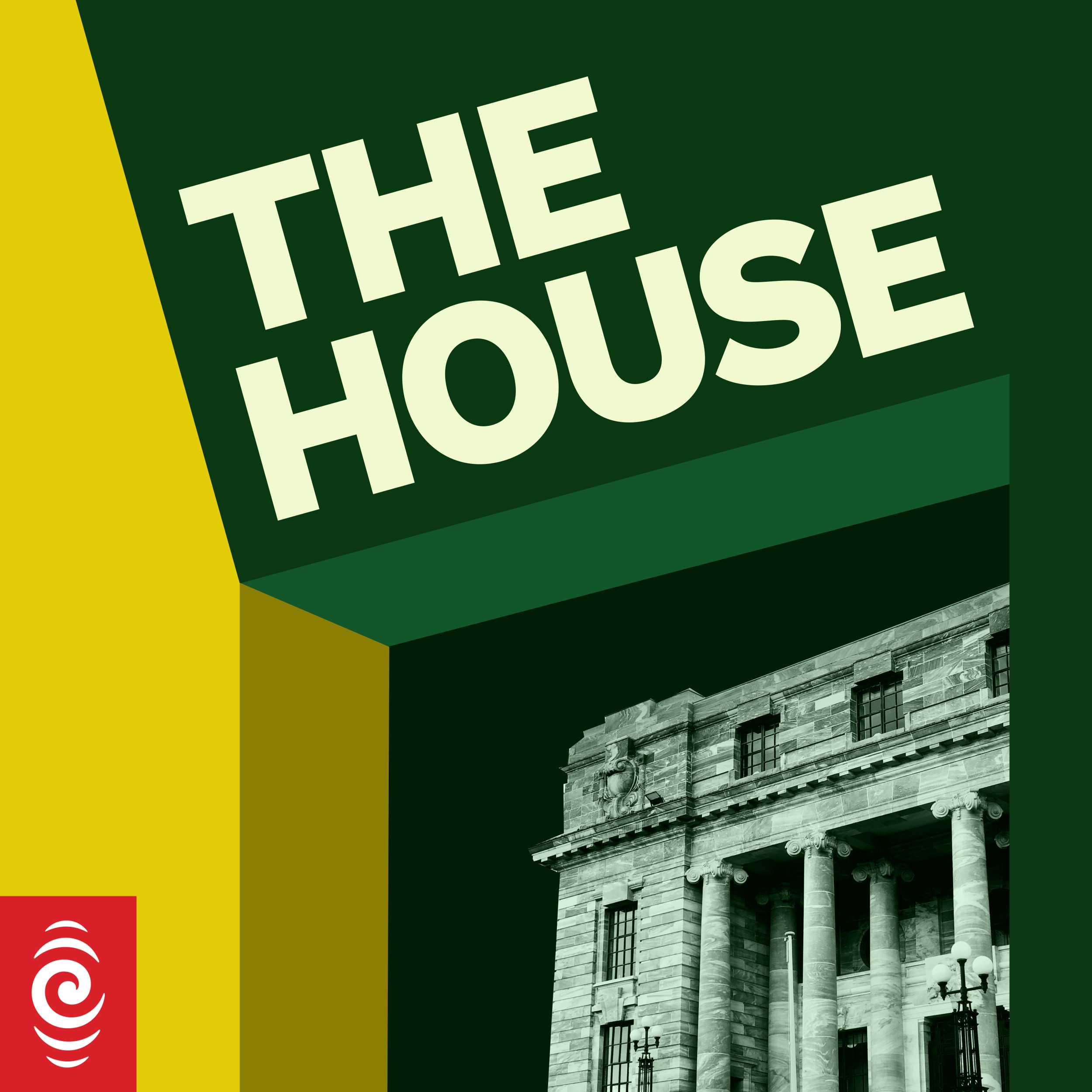

MPs in Parliament shout at each other a lot, but they also cooperate a lot, including about the timetable for that shouting. It's all more efficient that way.
Most people that follow Parliament watch Question Time, the rowdy oratorical contest when the political team's champions. The Prime Minister leads the ministers, the other party leaders front their own front rows.
That brief fracas is only a fraction of MPs' work in the House. The rest of the time party leaders are typically absent, and the on-field captains are quite different people, the whips.
Whips are senior backbench MPs with more influence over what happens inside the House than their own party leaders. And despite being political foes, these battlefield commanders co-operate more than you might expect.
Labour's Chief Whip Duncan Webb in action in the House
Every party has them but the most influence is wielded by the whips from National and Labour. The most senior of the opposition whips is National MP Chris Penk.
"Obviously, as whips we corral our respective troops ... to take part in that battle. ...But, you know, there is actually a certain amount that we can work together on to make sure that the House runs smoothly, because that's probably to the benefit of all ultimately."
I asked him why an opposition would want Parliament to run smoothly.
"If we have a dysfunctional Parliament, I don't think that's helpful to anyone, including to the Opposition."
The senior governing-side whip is Labour's Chief Whip Duncan Webb, who points out that an effective opposition's role is not to prevent government but instead "to hold government to account."
"You know, parliamentarians actually take Parliament pretty seriously. ...One part of my job is to make sure that the cogs of the machine turn in a way that Government can do its job, and the Opposition could do its job as well; because that's actually the more important thing at the end of the day ... that the respective parts of Parliament are operating effectively."
In New Zealand party whips coordinate, bargain and cooperate to make sure that happens. They really do. They share a genuine belief in the importance of a functional parliamentary democracy.
Duncan Webb says "it is about Parliament working for New Zealand. I do think that the laws that we make, and the work that we do... are done better. If we've got an opposition which is able to ask those questions and press us in select committee, in the House and elsewhere."
Yes it's a very 'rugby was the winner on the day' ethos…